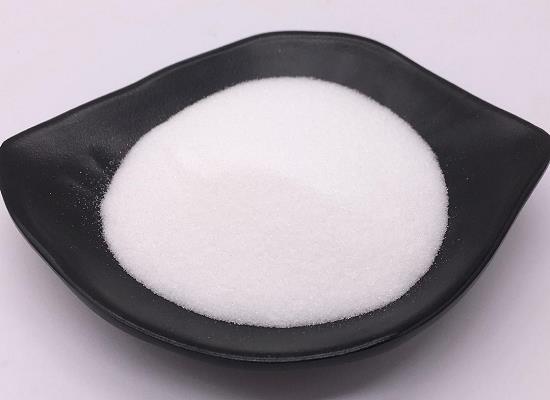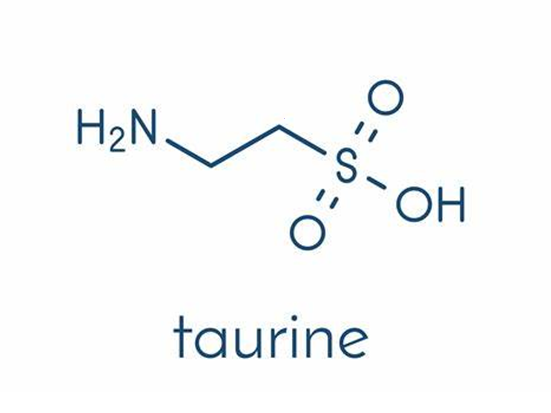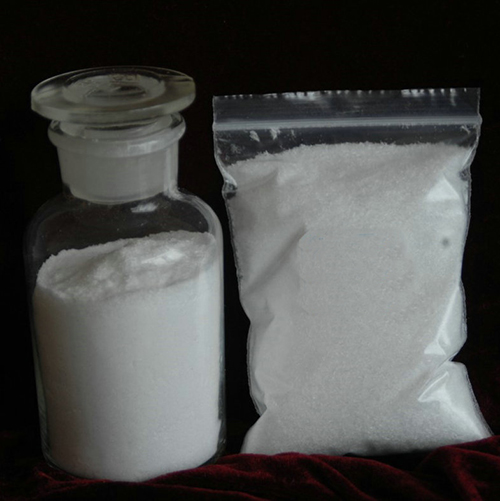Taurine: A Versatile Sulfonic Amino Acid with Therapeutic Potential Against Oxidative Stress
Taurine is a type of chemical called an amino sulfonic acid. It occurs naturally in the body. The best food sources are meat, fish, and eggs.
Taurine has important functions in the heart and brain. It helps support nerve growth. It might also benefit people with heart failure by lowering blood pressure and calming the nervous system. This might help prevent heart failure from becoming worse.
People take taurine for congestive heart failure (CHF) and swelling of the liver (hepatitis). It is also used for obesity, athletic performance, fatigue, diabetes, and many other conditions, but there is no good scientific evidence to support these uses.
Don't confuse taurine with homotaurine. These are not the same.

Figure 1. Taurine
Uses
Heart failure and fluid build up in the body (congestive heart failure or CHF). Taking taurine by mouth seems to improve heart function, reduce symptoms, and increase the ability to exercise in people with CHF.
Swelling (inflammation) of the liver (hepatitis). Taking taurine by mouth might improve liver function in people with hepatitis.
Sources of taurine
The main sources of taurine are animal proteins such as meat, seafood, and dairy. Plants contain no appreciable amount of taurine .
Consequently, people eating a vegan or vegetarian diet consume less taurine. They tend to have lower taurine levels than those who regularly eat animal proteins.
Even so, taurine deficiency is unlikely. This is thanks to your body’s ability to make taurine in your liver from other amino acids.
In addition to getting taurine from food, you can get it from some energy drinks. These typically provide around 750 mg per 8-ounce (237-mL) serving.
For reference, the typical American diet provides 123–178 mg of taurine daily, while a lacto-ovo vegetarian diet — which includes both dairy products and eggs — provides only around 17 mg of taurine daily.
The form of taurine used in supplements and energy drinks is usually synthetic, meaning it’s not derived from animals. Therefore, it’s suitable for those eating a vegan or vegetarian diet.
Side effects and precautions
According to the best available evidence, taurine has no negative side effects when supplemented appropriately.
One 2019 report suggests that the highest daily dose of taurine you can safely consume is 3 grams per day. However, the European Food Safety Authority (EFSA) suggested in its 2012 guidelines that you can safely take up to 6 grams per day.
Still, some people have reported side effects after taking taurine, including:
vomiting
nausea
liver pain
headache
stomach pain
It’s unclear whether these side effects are related to the amino acid or to a different ingredient that may have been taken alongside taurine.
You may like
Related articles And Qustion
Lastest Price from Taurine manufacturers

US $300.00-13.00/KG2025-04-29
- CAS:
- 107-35-7
- Min. Order:
- 1KG
- Purity:
- 99%
- Supply Ability:
- 20000KG

US $100.00/KG2025-04-21
- CAS:
- 107-35-7
- Min. Order:
- 1KG
- Purity:
- 99%min
- Supply Ability:
- 200TON





